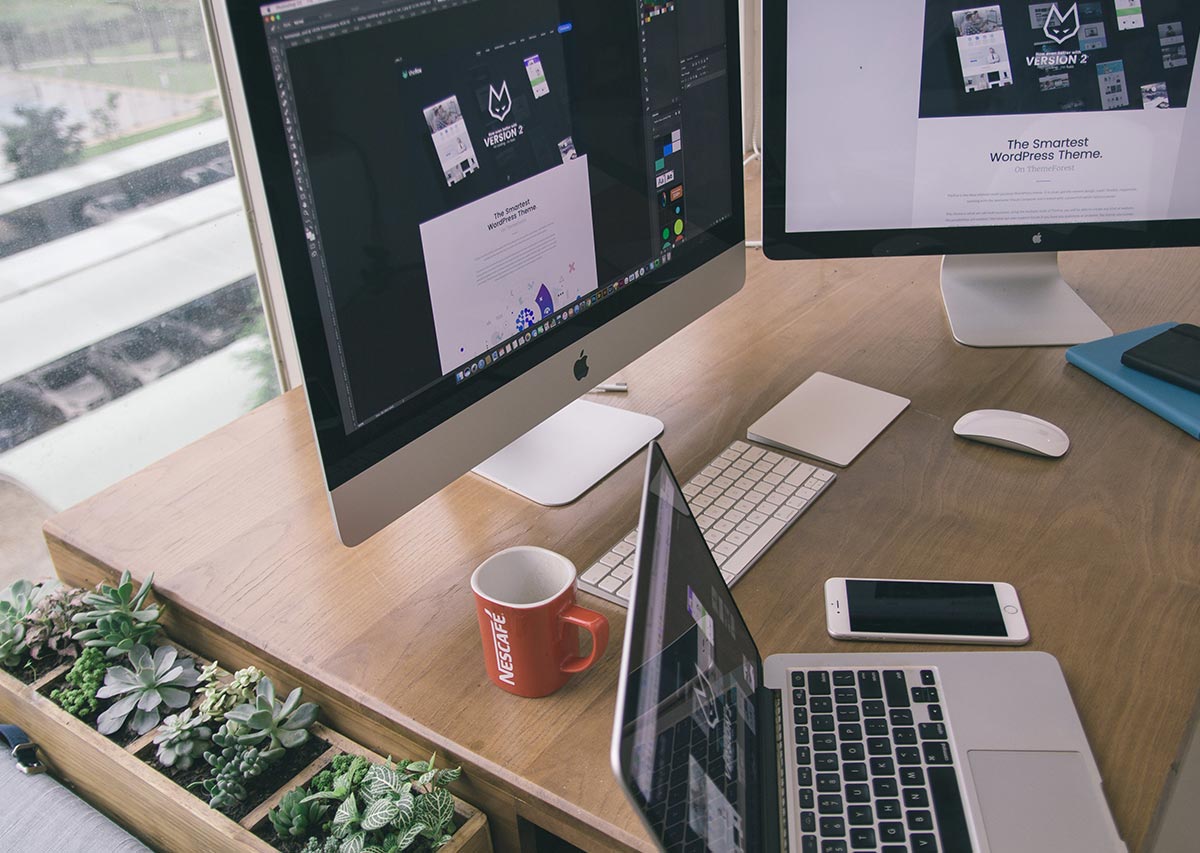In addition to showing respect for an interviewer’s time, an interview thank you message offers a lot of opportunity for a job seeker. A thank you message gives you a chance to express your interest in a job, emphasize your relevant qualifications, and follow up on pertinent details. It is also an opportunity to communicate things you did not get to discuss during your interview or address concerns.
Writing an interview thank you message will not land you the job if you are not the best candidate. However, it can turn the table in your favor in certain circumstances. A well written thank you message will certainly not cost you the job, and it could help you get it – so why not send one? According to CareerBuilder, 57% of candidates don’t send thank you notes. Set yourself apart from other candidates!!!!
Below are some tips and answers to frequently asked questions about post-interview thank you messages.
When should I send a thank you message?
Within 24 hours after your interview. This is critical! You should send a quick message after every interview.
What is the best format for a thank you message?
Since the message needs to be sent within 24 hours after your interview, email is the best option. You can always follow up with a handwritten message or formal letter too!
Who should I send a thank you message to?
Send a thank you message to every person with whom you interview. It’s also nice to send a quick thank you message to anyone who coordinated your interview (though that message will have less content).
What is the best format for a thank you message?
Since most interview thank you messages are emailed, let’s focus on the anatomy of a well-composed email message versus a formal letter! Generally, a thank you message will have three or four brief paragraphs, plus opening and closing acknowledgments.
Opening: Address the recipient by name, such as Dear John or Dear Mr. Smith. Make it personal – don’t send one generic message to a group of interviewers – customize it!
1st Paragraph- The Purpose Paragraph: Start by thanking the interviewer for his/her time. Make sure to reference the job for which you interviewed. This is a suitable place to reference connections you made with the interviewer, such as attending the same school, supporting the same sports teams, people you know in common, etc. If you did not make any personal connections, reference two or three relevant soft skills you discussed during the interview. This paragraph should be no more than three to five sentences.
2nd Paragraph- Justification Paragraph: Justify your qualifications for the position. List specific skills or experience that are relevant to the position or its goals. This paragraph should support why you are the right candidate for the position. Reiterate what you can do for the employer/interviewer (make it about them, not just you). Use bullets to break up the paragraph if it gets too long. Keep it to three bullets. Three to five sentences should suffice for the paragraph text.
3rd Paragraph- Clarification Paragraph: Identify any information you need to clarify from the interview or any relevant information you were unable to express during your interview. This paragraph can also be used to address any concerns that arose during the interview. This paragraph should be no more than five concise sentences. If you do not have any concerns or new information to communicate, this paragraph may be omitted.
4th Paragraph- Conclusion Paragraph: This is the final paragraph of your letter. It should reiterate your interest in the position and appreciation for the interviewer’s time. When appropriate, include a call-to-action or statement-of-action. A call-to-action requests the interviewer to do something, such as “please call me at <phone number> to schedule our next interview.” A statement-of-action indicates what you plan to do, such as “I will give you a call Tuesday to follow up on the next steps.” This paragraph is typically only two or three sentences.
Closing: Include a professional closure (ex: sincerely, regards, etc.) followed by a comma and your first and last name. If you did not provide a phone number in paragraph four, include one below your name.
What are the most common issues with thank you messages?
- Spelling and grammar errors are the biggest. Proofread your message multiple times.
- Waiting too long to send a thank you message. Stick to the 24-hour rule. If for some reason you cannot send it within 24 hours, aim for 48 hours.
- Referencing the interviewer by the wrong name.
- Not customizing the message to be specific about your interview and/or the opportunity.
Summary
If you only take away a few tips from this post, let these be them:
- Proofread.
- Customize the message for each interview.
- Send within 24 hours.
- Keep it short, concise, and targeted (average message will be 150-300 words).
- A poorly written message can be worse than no message.


